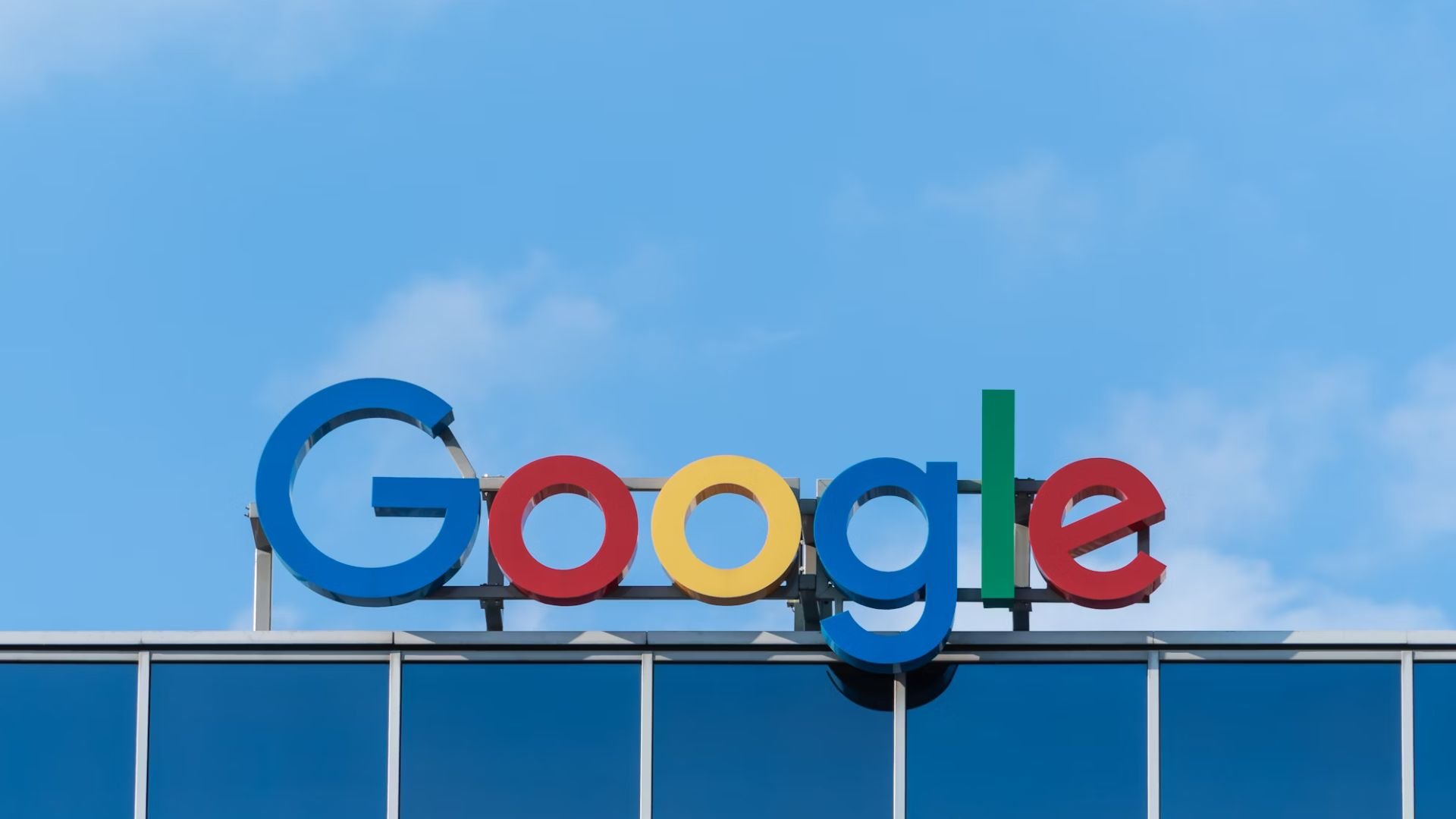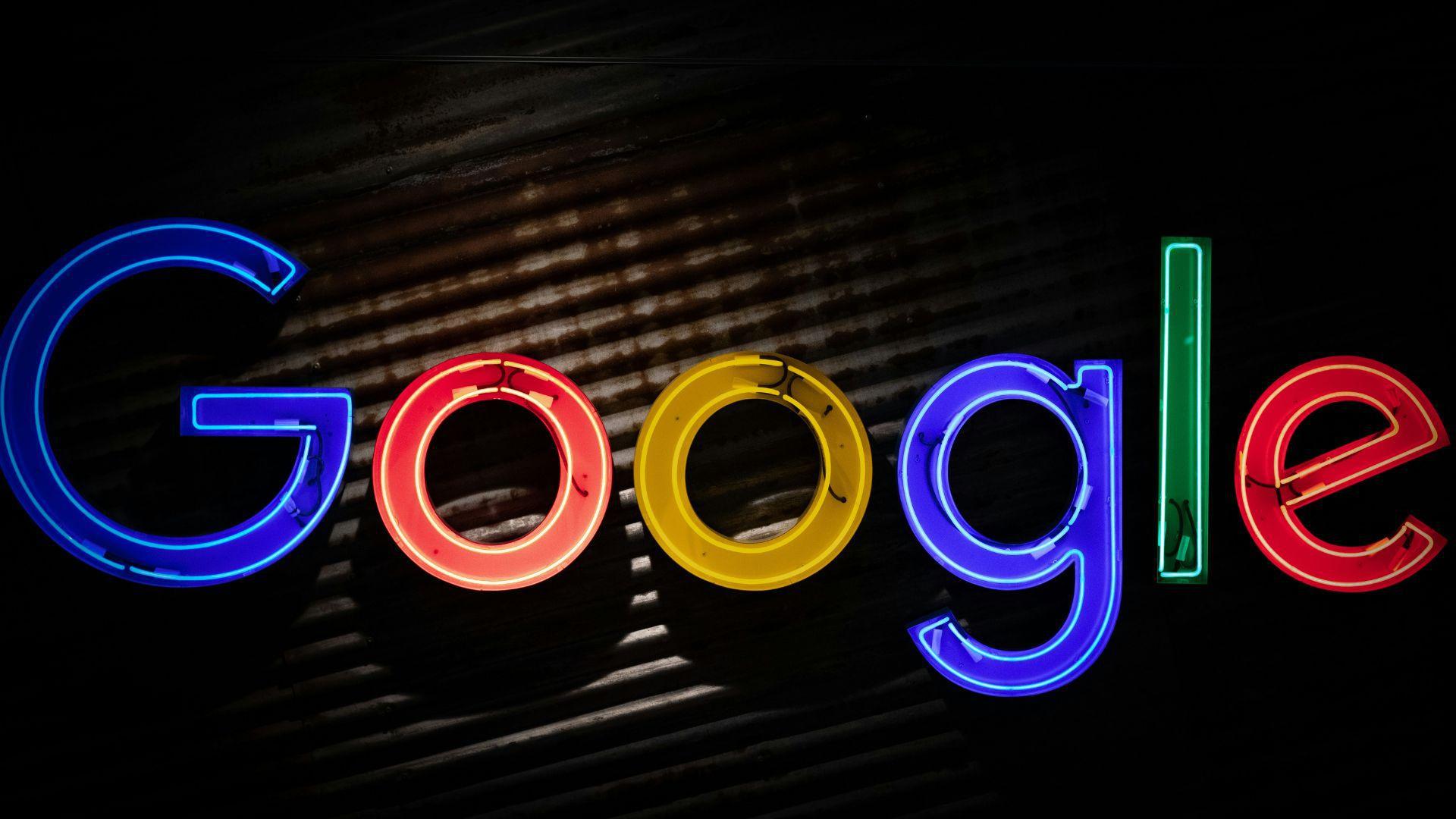Online crowd-sourced review company Yelp has filed an antitrust lawsuit against tech giant Google where it alleges the company is acting as an unfair monopoly on internet searches.
This move adds to a growing chorus of criticism against Google which has recently been faced with similar accusations in other legal challenges.
Yelp Versus Google

In a blog published by Yelp Co-founder and CEO Jeremy Stoppelman, the company explained the reason for its lawsuit filing in federal court.
“Today, Yelp filed an antitrust lawsuit against Google in federal court in San Francisco. Our case is about Google, the largest information gatekeeper in existence, putting its heavy thumb on the scale to stifle competition and keep consumers within its own walled garden,” wrote Stoppelman in an August 28 post.
Abandoning Its Mission

Stoppelman accused Google of failing to deliver on its mission to serve the best content for users as Google has consolidated its power over the market.
“Abandoning its stated mission to deliver the best information to users, Google has illegally abused its monopoly in general search to dominate the local search and local search advertising markets—engaging in anticompetitive conduct that has degraded the quality of search results and demoted rivals to grow its market power,” Stoppelman wrote.
Yelp’s Benefit to Users

The blog post expressed how Yelp had tried to make the Google search experience better by putting helpful user-generated content for people to see.
“Yelp has long fought to make Google’s local search experience more helpful for consumers and create a level playing field for competing vertical search services,” the post said.
Previous Case

This lawsuit from Yelp comes on the heels of a monumental case decided earlier this month where a federal judge ruled that Google had an illegal monopoly on internet searches.
“After having carefully considered and weighed the witness testimony and evidence, the court reaches the following conclusion: Google is a monopolist, and it has acted as one to maintain its monopoly,” US District Judge Amit Mehta wrote in the court opinion. “It has violated Section 2 of the Sherman Act.”
Gatekeeper Google

In the blog post, Stoppelman references this case, emphasizing Google’s overwhelming market share.
“Google has long been the dominant ‘gatekeeper’ in general search, with approximately 90% share of the market, said the post. “Its monopoly in general search — which Google was recently found to have illegally maintained through exclusive multi-billion dollar arrangements with browser makers, device manufacturers, and cellular carriers — allows it to control what consumers see and where they see it.”
Deliberate Plot

In the lawsuit filing, Yelp accuses Google of deliberately plotting to put its own products ahead of others at the expense of quality for the consumer.
“Google’s strategy is part of a deliberate plot to self-preference its own products in all aspects of search, no matter the attendant costs to consumers or market effects. It openly admits that its policy is to put its own products ahead of competitors, regardless of quality,” said the lawsuit.
Hurting Yelp

Yelp says this conduct from Google has harmed them and petitioned the court for relief which includes monetary damages and restitution awards.
The company is also seeking an injunction to stop Google from “anti-competitive practices” that they are also harmed by.
Unlawful Practices

The lawsuit goes beyond just seeking relief for the company and accuses Google of violating the law.
“Google has engaged, and continues to engage, in the acts or practices described herein, which are unfair, irrespective of the violation of any other law, and which constitute unfair competition within the meaning of section 17200 of the Business and Professions Code,” the lawsuit said.
Leveling the Playing Field

Yelp in their blog post affirmed its commitment to a mission of helping consumers and local businesses connect in a fair way, asserting their lawsuit hopes to restore a level playing field.
“For 20 years, Yelp has focused on our mission to connect consumers with great local businesses,” said the blog post. “We believe our lawsuit takes a critical step towards a level playing field in which Yelp and other local search providers can effectively compete, and provide consumers with the best local search experience.”
Google Responds

The tech giant in the crosshairs issued a quick response to the lawsuit filing by Yelp, describing their claims as without merit and emphasizing they are appealing the previous case.
“Yelp’s claims are not new. Similar claims were thrown out years ago by the FTC (Federal Trade Commission), and recently by the judge in the DOJ’s (Department of Justice’s) case. On the other aspects of the decision to which Yelp refers, we are appealing. Google will vigorously defend against Yelp’s meritless claims,” a Google spokesperson said in an August 28 statement.
Irony for Yelp

Users reacting to the story online were struck by the irony of Yelp complaining about review manipulation when that is a common criticism of their own reviews.
“Yelp complaining about review promotion manipulation is [hilarious],” said a Reddit user. “Yelp allows businesses to pay them to remove reviews. They have no legitimacy,” said another user.
